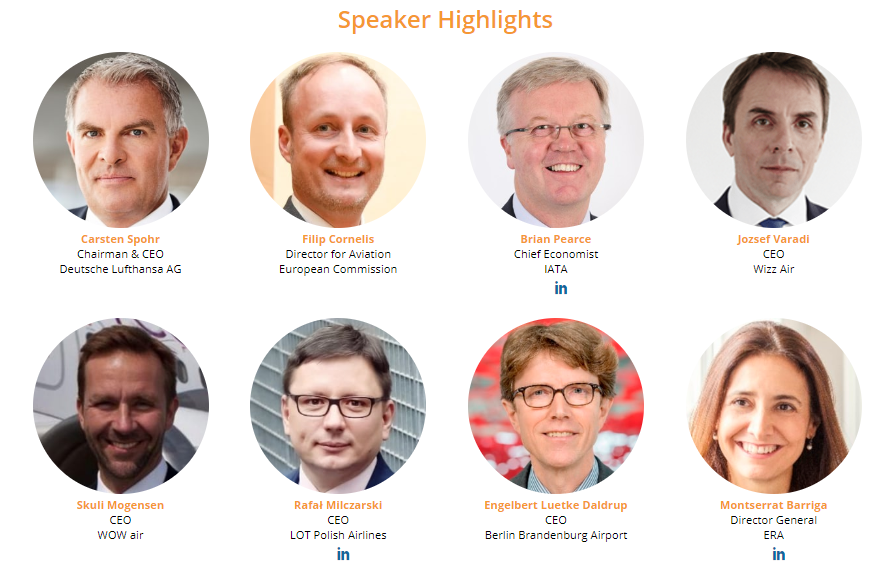The Lufthansa Group has absorbed much of the capacity once held by the failed carrier, further consolidating its near monopoly hold on the domestic market (easyJet, which also grabbed a share of airberlin's seats, is the only airline that is challenging Lufthansa's domestic dominance in any meaningful way). The group also leads overall German seat capacity by a sizeable margin. Through Eurowings, Lufthansa has managed to keep Ryanair and easyJet - who have managed to conquer in other country markets more successfully - at bay.
While the status quo doesn't appear to be under threat any time soon, Germany's four other indigenous airlines are quietly embarking on expansion plans of their own, their collective growth outpacing that of their three larger competitors. Meanwhile, in developments across the border, Ryanair's investment in LCC Laudamotion gives it access to coveted slots in both Austria and Germany and is sure to put the German flag on notice.
On the regulatory front, aviation taxes are presenting major cost implications for the industry, with Germany having one of the highest aviation taxes in the world. Other costs have increased as well, such as aviation security charges, which have risen by +75% since 2011 and will cost airlines around EUR750 million in 2018.
With the market undergoing some dynamic changes and costs increasing, the big question is what is the outlook for German aviation and how will the competitive position of the current players evolve?
This will be one of the topics to be discussed at this month's CAPA - Centre for Aviation World Aviation Outlook Summit, which takes place in Berlin between 27-28 November 2018.
As the foremost authority on aviation in the world, CAPA - Centre for Aviation once again delivers its World Aviation Outlook Summit, designed to provide a market outlook for 2019 and review the commercial and operational pillars that will drive global airline strategic decision-making. This year, held in conjunction with the CAPA Global Aviation Awards for Excellence Gala Dinner, the summit will be hosted in Berlin, Germany by Berlin Airports, and welcome a diverse array of airline leaders all looking forward to 2019.
Understanding aviation markets is CAPA's great strength and passion and this year's agenda includes a variety of topics sure to generate interest. The German market outlook: the more things change, the more they stay the same? will be the last session of the Berlin forum on the morning of 27-Nov-2018 and will follow a keynote presentation from Berlin Brandenburg Airport, CEO, Engelbert Luetke Daldrup.
It's hardly a secret that the airline industry is facing myriad challenges, notably in the marketing and distribution areas, as companies with personalised data, and the analytics and artificial intelligence to go with it, become greater threats to the stability of the traditional airline model. This high-level aviation event, hosted at the Grand Hyatt Berlin, is a forum for debate and discussion of strategic issues facing the aviation industry and it is attracting delegate interest from across the globe.
FIND OUT MORE… visit the CAPA World Aviation Outlook Summit 2018 homepage to find out more about this not-to-be-missed opportunity to discuss relevant issues impacting the aviation sector and learn meaningful insights from your industry peers.

